Managing ADHD is a process, not something done once, but every day. Naturally, some days go better than others. If you've just been diagnosed or even if you've known for a while but want a refresher, check out these basic guidelines for managing ADHD.
|
Manage verb "to succeed in doing something, especially something difficult" (from the Cambridge Dictionary).
Managing ADHD is a process, not something done once, but every day. Naturally, some days go better than others. If you've just been diagnosed or even if you've known for a while but want a refresher, check out these basic guidelines for managing ADHD.
0 Comments
Hokusai Says, by Roger Keyes 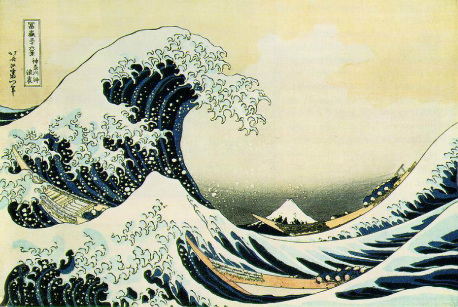 Hokusai says look carefully. He says pay attention, notice. He says keep looking, stay curious. He says there is no end to seeing. 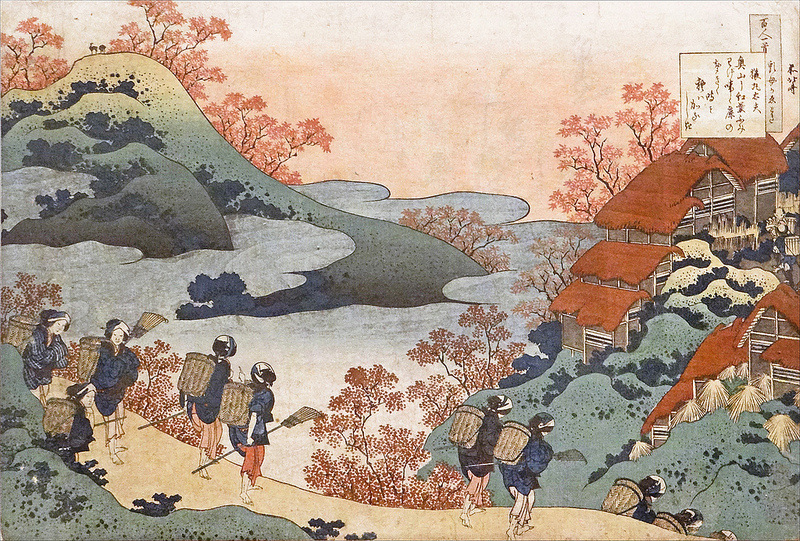 He says look forward to getting old. He says keep changing, you just get more who you really are. He says get stuck, accept it, repeat yourself as long as it is interesting. He says keep doing what you love. He says keep praying. He says every one of us is a child, every one of us is ancient every one of us has a body. He says every one of us is frightened. He says every one of us has to find a way to live with fear. He says everything is alive -- shells, buildings, people, fish, mountains, trees, wood is alive. Water is alive. Everything has its own life. Everything lives inside us. He says live with the world inside you. He says it doesn't matter if you draw, or write books. It doesn't matter if you saw wood, or catch fish. It doesn't matter if you sit at home and stare at the ants on your veranda or the shadows of the trees and grasses in your garden. It matters that you care. It matters that you feel. It matters that you notice. It matters that life lives through you. Contentment is life living through you.
Joy is life living through you. Satisfaction and strength is life living through you. He says don't be afraid. Don't be afraid. Love, feel, let life take you by the hand. Let life live through you. 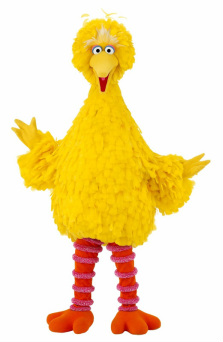 Most everybody knows Big Bird. But have you ever really listened to what the Bird says? One day, years ago when my kids were little, I was fixing lunch while they watched Sesame Street. Looking up from flipping the grilled cheese, I was just in time to hear Big Bird say, "Asking questions is a good way of finding things out." I about dropped the spatula. The Bird had nailed it. Ever heard radio journalist Ira Glass talk about what's involved in getting good at something, at being successful? Basically, it's all about persistence. More than talent, more than luck, more than money or privilege, even more than who you know - persistence. You can have talent, luck, money, privilege and connections, all are golden, all help immensely - but none of these qualities can substitute for plain dogged persistent, sustained effort long enough to do something enough to get really good at it. This does require hanging in through a fair-to-huge amount of frustration as we travel along the learning curve, but it's worth it. It helps to enjoy the journey. Check out artist David Shiyang Liu's very cool 'kinetic typography' presentation of Ira Glass giving his best advice for beginners. What's more important when you need to makes changes in your life - Compassion or Accountability?1/27/2013 Compassion and accountability may, at first glance, seem like unlikely partners. Compassion involves a deep sympathy for suffering or struggle, an appreciation of the error-prone nature of being human and the desire to relieve distress. Accountability is about taking responsibility for yourself, for a situation, for the consequences of your actions. So, what about when a person needs to make changes in his or her life, to cope with adversity or difficult circumstances, or an illness or a loss? To deal with having been harmed by another, or having done the wrong thing, or fallen short, or been willfully wrongheaded? What if a person needs to heal, to learn different and more effective ways of handling life’s challenges? What helps that person take action? To be empowered? What works better – compassion or accountability? One definition of compassion is, “deep awareness of the suffering of another coupled with the wish to relieve it”. A key aspect of compassion is an appreciation that, as human beings, we are all fallible, all suffer, all make mistakes over and over and over. Compassion allows us to open our hearts, to risk connection, to risk feeling our feelings rather than sucking them up or walling them off. We can tolerate distress, keep going. It's empowering. However, overshooting compassion may risk a slide into pity, even self-pity, and from there, into feeling and acting and being helpless. Deep compassion is hard to hold, it’s challenging and rigorous and can expose you to so much of your pain that you may get overwhelmed and shut down, demoralized and immobilized. Accountability can be defined as “The quality or state of being accountable; especially: an obligation or willingness to accept responsibility or to account for one's actions.” Firm and resolute, even courageous. Becoming accountable allows us to step up, tell the truth, call things the way they are. Accountability includes making choices and paying attention to results of those choices, informing yourself as you go along, aka, learning from your mistakes. It's empowering. But, accountability can be taken too far, can go into taking responsibility for things outside of your control, things you can’t really influence. There’s the risk of becoming rigid, overly critical towards yourself or others. People push themselves and push themselves, expecting too much of themselves, feeling inadequate and impotent and resentful. See where this is going? We need both. We need compassion and accountability in a dynamic balance within us. We need an appreciation of our limits and fallibility as human beings and a clear-eyed view of the consequences of our actions - on ourselves and on others. Compassion is empowering. It allows us to look fully at how and what it is that we are doing, without making excuses, without being overwhelmed by shame and self-loathing. Accountability is empowering. It gives us the means to step up, take action and, most important – to be curious about how our actions pan out, so we can learn from mistakes and successful efforts alike. A psychologist friend put it this way - while working with someone who was kicking themselves endlessly for every mistake, large and small alike, she said, "Well, how human of you. You must be very disappointed. I'm sure that I must disappointed, too." The person stopped and stared at her, shocked. Then, they both started to laugh. Compassion and accountability in counseling, and, in life. Image: Tomruen
|
Author
|
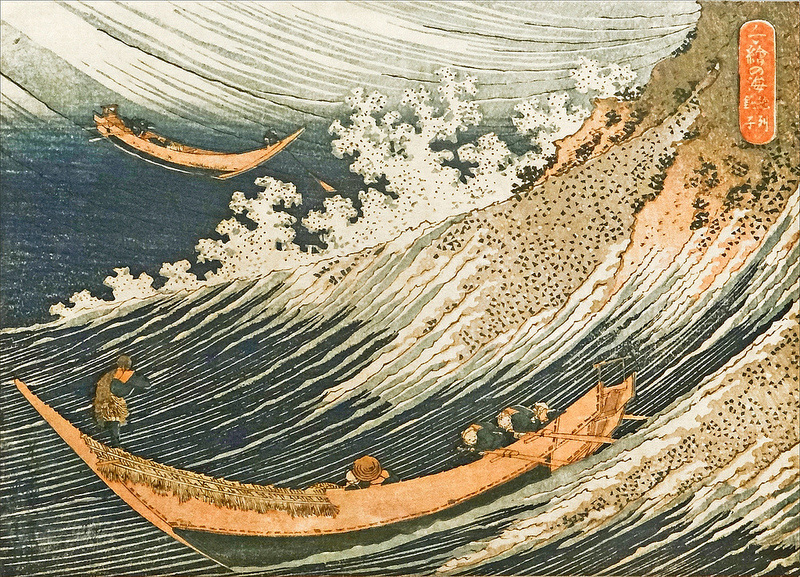
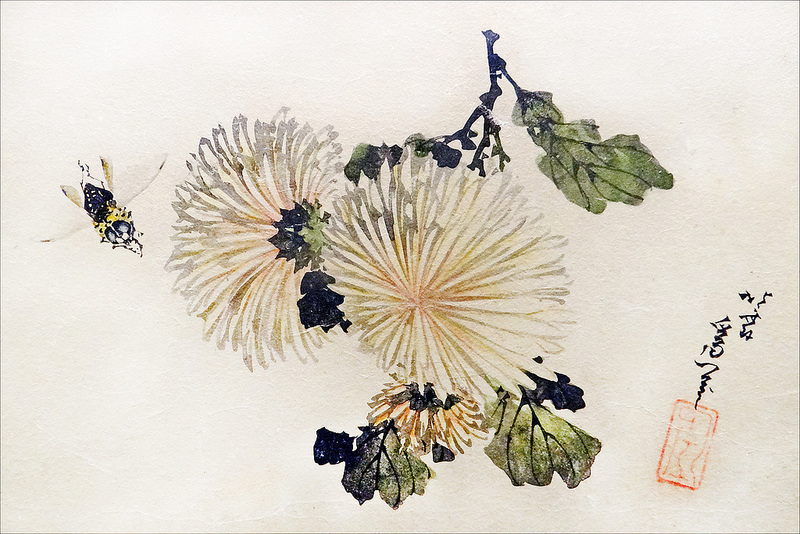

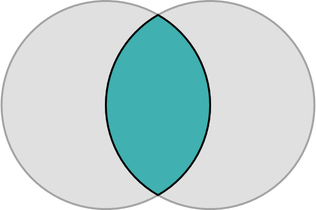
 RSS Feed
RSS Feed